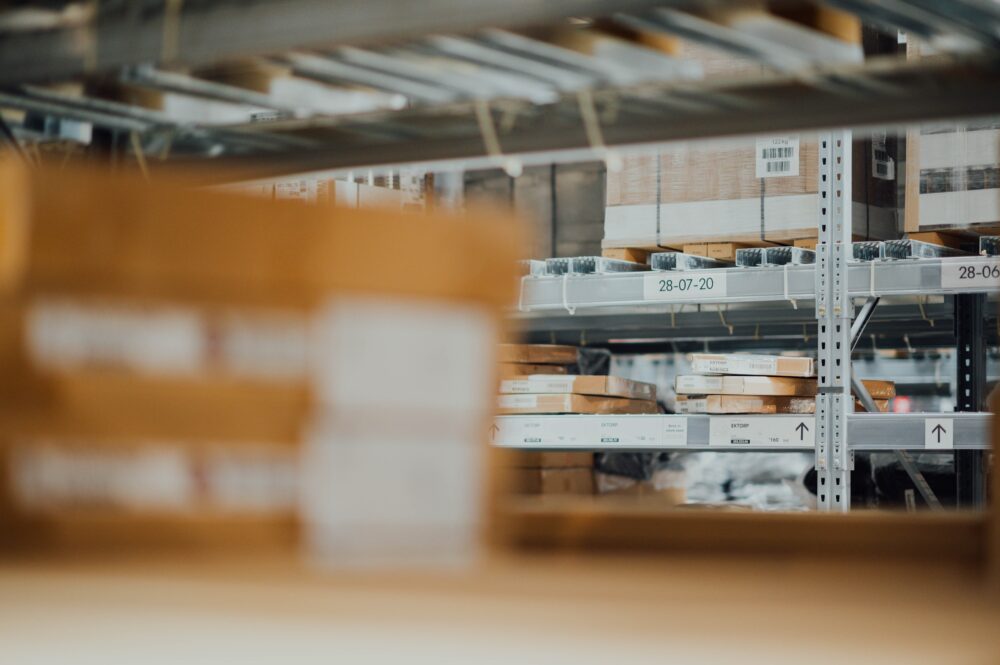The end of the Brexit transition period may have brought a close to a tumultuous year of COVID and peak, but it has also marked the beginning the fallout from Brexit – creating fresh e-commerce delivery challenges for retailers shipping between the UK and the EU.
Since the start of 2021, new documentation needed to clear customs, along with changes to duties and taxes, has been causing confusion for retailers and carriers alike – and is creating big delays at the border. As a result, carriers are being held up and delivery times are being significantly affected, so much so that parcel volumes from UK to EU were down 25% in the first week of January compared to the year before.

Consequently, many retailers are faced with the impossible decision to either take a cut to their margins to find additional resource or increase their prices to customers, thus making them less competitive. This is a choice which is particularly troubling for SME’s, a 5th of whom have already stopped selling to the EU either as a temporary measure, or because they simply don’t have the margins to compete.
Understanding the new deal and counting the cost of the Brexit fallout
Amongst the most common post-Brexit e-commerce delivery challenges are the new requirements for EORI (European registration and identification) numbers and HS product classification codes. This is not only proving to be an administrative headache for retailers, but incorrect and missing information is causing a good bulk of the delay at the border and is leaving retailers open to potential fines. In addition, the lack of clarity over how duties and taxes are handled is damaging the customer experience too, with some customers rejecting their orders at the point of delivery due to unexpected duty fees. This goes on to present the retailer with a complicated returns challenge and leaves the shopper less likely to buy again.
Equally as concerning is that the carriers who had restrict their services at the beginning of 2021 look set to increase their prices to accommodate for the waiting times they are experiencing at customs, creating a further cost for the retailer.
The biggest curveball, however, has been navigating the new product tariff rules outlined under the Trade Cooperation Agreement (TCA). Whilst zero tariffs and zero quotas on all goods traded between the UK and the EU was presented as part of the agreement, the majority of the content must be derived from UK or EU materials or processing in order for the product to qualify. This, plus new security and safety documentation requirements, means that retailers who rely on supply chains outside of the UK or the EU now face additional import duties, increasing the cost as well as adding more complexity.
Finding an affordable solution to EU Selling
As this fallout from the Brexit trade agreement became apparent, the Department of International Trade have advised retailers to relocate their supply chain operations to the EU. Trading directly from the EU means that retailers can avoid the red tape, lessen the cost of duties and taxes and simplify their delivery and returns processes.
The conundrum, however, is finding the right balance of a cost-effective way of doing this whist minimising the risk and continuing to offer excellence for their customers – which is why GFS are helping by offering GFS Europe.
GFS Europe takes care of multicarrier shipping and fulfilment directly from the EU on behalf of the retailer. This means delivery and returns can be fulfilled and managed from GFS hubs within Europe in order to bypass the complicated cross border process. Through this, GFS are helping retailers build a base in the EU – ultimately enabling them to continue to grow internationally for one affordable cost.
This is not only proving to be cost-effective, but simplifying the process is helping retailers remain competitive within the European market as well. As a result, GFS are now seeing a growing trend of retailers choosing to move their fulfilment and operations to the EU, and with good success too.
With post-Brexit agreements only in their infancy, complex cross-border shipping looks set to remain. The retailers who are going to have the biggest success are the ones who not only address the immediate problems but look at the bigger term impact by ensuring they have the strongest base to continue to sell internationally with confidence.




















